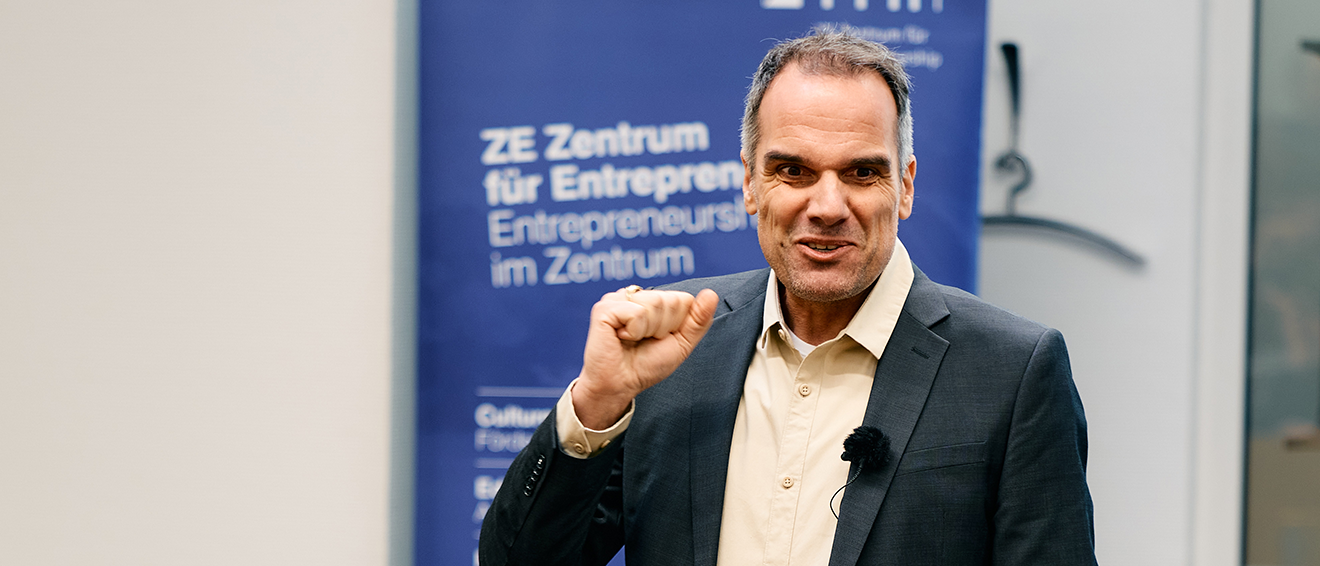Mark Zuckerberg announced this week in a (presumably real) video that he wants to develop an AGI with Meta, i.e. a general artificial intelligence that is equal to – if not superior to – the human intellect. Meta is said to have ordered 350,000 NVIDIA A100 graphics cards for this endeavor.
What sounds like a “standard” announcement, however, clearly shows some of the challenges that we must consciously recognize and accept in the AI environment:
1. the cost: a single A100 costs approx. 18,000 € in retail. So that’s a whopping 6.3 billion investment, plus the computers, racks and buildings in which all this stuff has to be installed
2. the computing power: the A100 is one of the best cards for parallel computations, especially for training neural networks. 350,000 of these cards is an incredible amount of computing power, but it’s necessary to do what, for example, is required for the system. Chat GPT at all.
3. the know-how: the operation and programming of such a supercomputer is enormously complex, labor-intensive and costly.
So. Now to “us”…. If you look at these dimensions, then the question arises as to who can afford this at all? Who can manage to invest 6 billion + team + infrastructure? The public sector? Research and teaching? The middle class? Rather not.
In research (but also in many R&D departments of companies), for example, we are pleased to be able to offer a wide range of services. It’s huge when we manage to get a project proposal through for one or two A100s to research algorithms for or the behavior of neural networks.
In the end, due to these dimensions, it will probably once again come down to a handful of big players developing AI models and exploring what is technically feasible – without having to follow the rules. An AGI will emerge sooner or later (I’m guessing before the end of this year) and we in Germany or even in Europe have no way of actively helping to shape it – unless we sign up with Meta or Microsoft…
At least we then have the use of the finished models. Because the simple-looking user interfaces of Chat GPT, Copilot, Bard, etc. are only possible thanks to the incredibly high computing power mentioned above.
After all, we can continue to research, describe, observe, develop ideas, warn and hope that the big players will adopt as much of this as possible. Without research, even these big players would be nowhere near where they are today.
We can also try to anticipate the next big issues, prepare the ground and be there from the outset: one example of this is the VR/AR Industrial Coalition, in which we have been working under EU auspices for several months to set up EU-wide framework conditions, funding and projects in the field of VR/AR/metaverse and, more recently, spatial computing.




